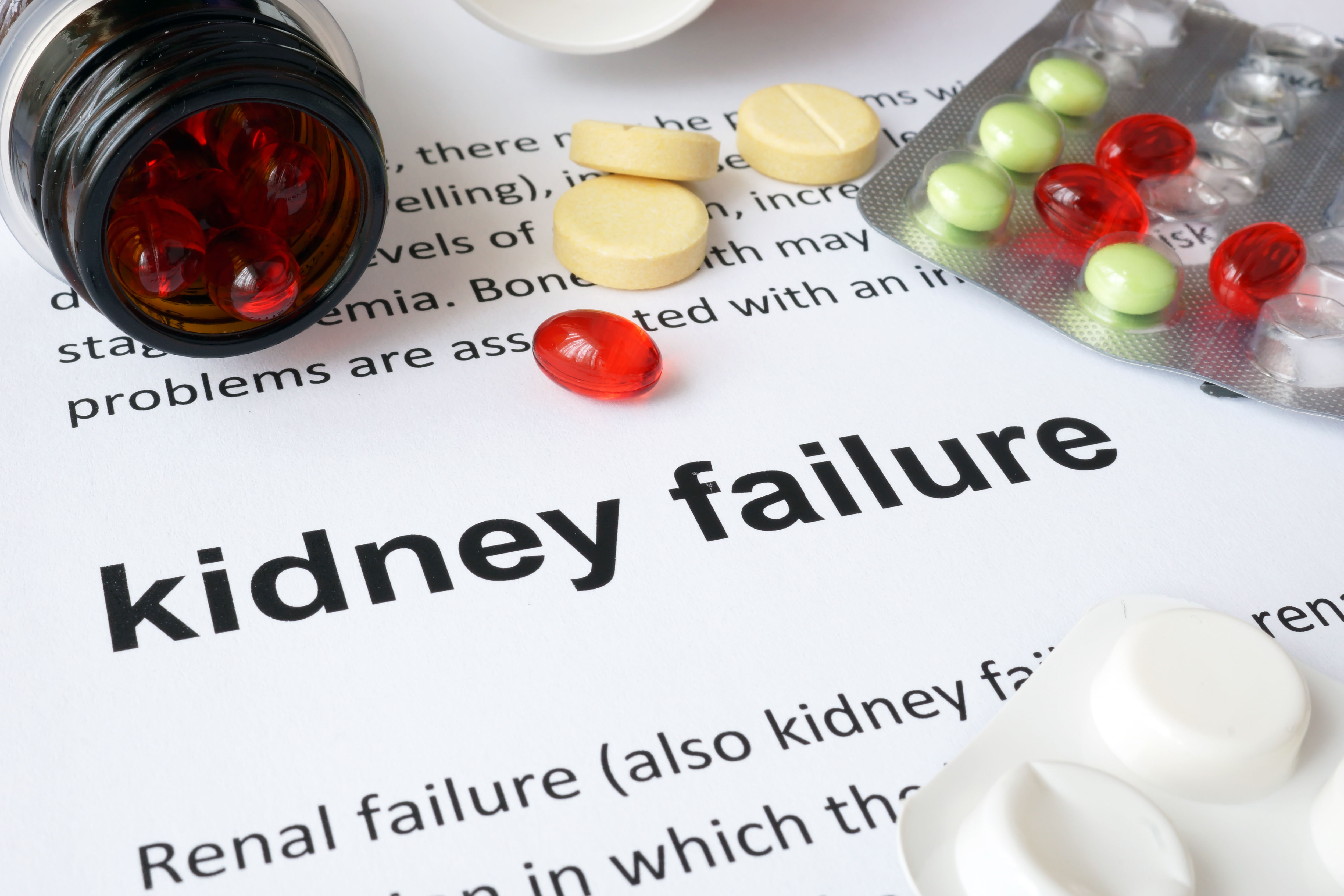DIAGNOSIS
If you have symptoms of acute kidney failure, these tests may be recommended to confirm your diagnosis.
- Observation of your urine output in 24 hours
- Urine sampling or urinalysis
- Rising levels of urea and creatinine through your blood sample
- Imaging tests
- A kidney biopsy is required in some situations. It is done by removing a small sample of kidney tissue.
TREATMENT
It is advised that patients with kidney failure stay in the hospital for observation. Fast recovery of kidney disease can lessen your stay in the hospital, depending on the situation.
It is important to know the cause before treating acute kidney failure. Kidney failures are treated depending on the cause.
It takes time to heal after kidney operations so the doctor will also work to prevent complications. These measures may include:
- Balancing the amount of fluid by treatments. Sometimes, acute kidney failure is caused by a lack of fluids, so intravenous (IV) fluid therapy may be given. It may also be caused by excess fluid in the body, leading to swelling of the arms and legs. Medications are recommended to lessen fluid retention.
- If a kidney is malfunctioning in terms of its filtration, calcium may be recommended by the doctor or some other drug to prevent calcium accumulation in the body. Irregular heartbeats and muscle weakness can also be caused by too much potassium in the body. The doctor may infuse calcium if the level of calcium is dropping too low.
- Temporary hemodialysis can be advised by the doctor. The kidneys may heal while it removes toxins and excess fluids from the body. Potassium may also be eliminated from the body through dialysis. The blood is pumped up through the dialyzer and wastes are filter out. After that, blood flow is restored.


